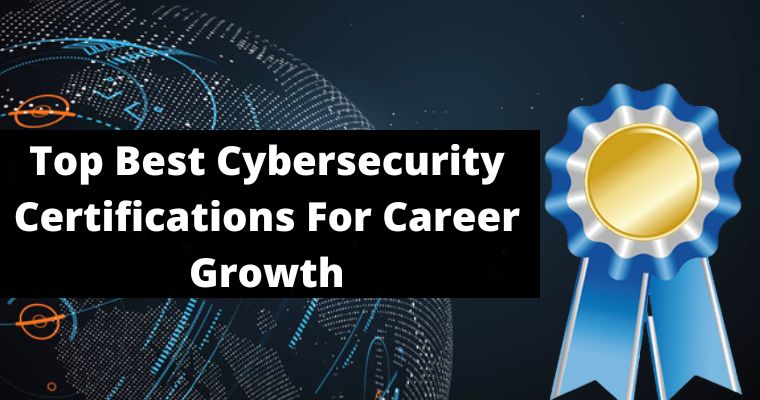We live in a world where online services are vital, which is why understanding cyber security threats are vital and in the news cycle, cybercrime is dominating. This poses a threat to individuals’ privacy, as well as to companies, banks, and governments abroad.
As a result, organized cybercrimes today go way beyond the lone hacker of yore. Instead, large criminal syndicates operate like startups and employ highly-trained hackers constantly experimenting with new attacks.
There are many data sources to exploit, which makes cybersecurity imperative. Hence, the terms cybersecurity and physical security are often used interchangeably when discussing enterprise security, which protects data centers and other computerized systems against unauthorized access.
Cybersecurity can help prevent data breaches, hacking, and identity theft and aid in risk management.
Table of Contents
Reason for choosing Morgan State University
Morgan State University has been recognized for its contributions to academic program development, research, and preparing students for careers in cybersecurity by the National Security Agency (NSA) and the U.S.
Morgan State University has been designated a National Center of Academic Excellence in Cybersecurity (NCAE-C) by the Department of Homeland Security (DHS).
Morgan State University’s achievement in receiving this designation is noteworthy. We at the Electrical and Computer Engineering Department take pride in our collaborative efforts with the Computer Science and Information Science departments.
The Electrical Engineering Cybersecurity Track is comprised of (5) courses from the Electrical Engineering senior electives offered by ECE faculty to meet the requirements of the designation process.
A comprehensive set of knowledge units provided by the NSA and DHS experts in Information Assurance is correlated with these courses. Upon completion, NCAE-C certificates are awarded.
Vision:
Cybersecurity engineers and knowledgeable cyber technology providers help prevent penetration and manipulation of the nation’s cyber-physical infrastructures through the provision of knowledge, solutions, and methodologies.
During physical layer vulnerability assessment of embedded systems, specifically IoT devices, we use invasive and noninvasive hardware and software reverse engineering techniques.
In addition to developing countermeasures to protect them, we create countermeasures against sensitive data extraction, disruption, diversion, and obfuscation.
Admission Requirements:
For Pursuing a Master’s degree, you must submit the following items to the Graduate School in order to be considered for admission:
- Applicants should submit a completed Graduate School application
- Include a Statement of Purpose (Admissions Essay)
- A minimum of two letters of recommendation are composed by individuals who can speak and comment on your academic capabilities.
- All transcripts, official or unofficial, from all the schools you have studied.
- Results of the GRE General Test
- International students who attended universities outside the U.S. must submit their respective TOEFL or IELTS scores.
- 60 U.S. dollars- Application fees
- An undergraduate GPA of 3.0,
- A minimum of 9 hours of mathematics or statistics, at least at the calculus level
- A score on the Graduate Record Examination that meets the department’s standards.
Conclusion
Cybersecurity in the future will be, in one way, like the present: hard to define and potentially unbounded, as digital technologies interact with humans in virtually every facet of society, politics, economics, and more.



